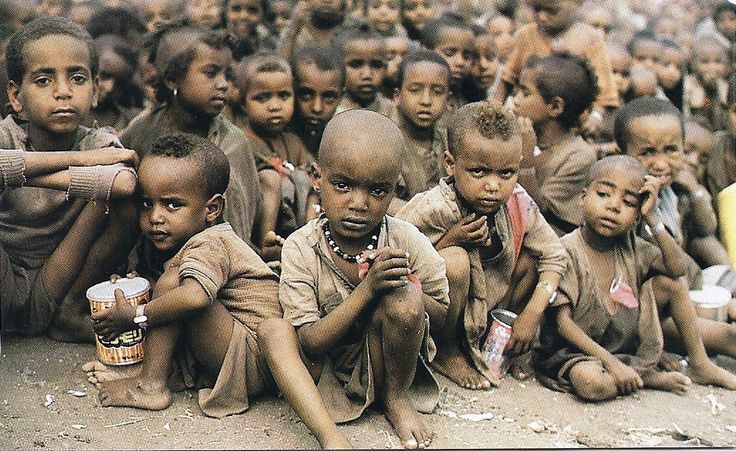Mr Kingsley Obiakor, Facilitator, Civil Society Scaling-up Nutrition in Nigeria (CS-SUNN), says 31 per cent underdeveloped children in Kwara are signifying chronic malnutrition.
Obiakor made the disclosure on Thursday at a workshop on “Children Nutrition and Drivers of Malnutrition’’ in Ilorin.
According to him, Nigeria Nutrition and Health Survey of 2015 indicated that Kwara records 31.8 per cent of children with stunted growth due to chronic malnutrition.
“This is above the acceptable percentage of less than 20,’’ the expert said.
He explained that the National Demographic and Health Survey of 2013 indicated that children who were exclusively breastfed from birth until six months of age were 17 per cent, which was low.
Obiakor described stunted growth and nutritional stunting as a reduced growth rate in human development.
“It is where the height for age value is less than two standard deviations of the World Health Organisation (WHO) Child Growth Standards median.
“The child’s height, weight, and head circumference do not progress normally according to standard growth charts and physical skills, such as rolling over, sitting up, standing, or walking, are slow to develop.
“Social and mental skills are delayed, while the development of secondary sexual characteristics such as men’s facial hair, women’s breasts is delayed in adolescents,’’ he said.
The CS-SUNN facilitator said that malnutrition, being an underlying factor in stunting, occurs when people consistently do not consume or absorb the right amount and types of food and essential nutrients.
He said emaciated children have increased risk of disability, premature deaths, adding that they were highly predisposed to infectious diseases.
According to him, investment in nutrition and interventions at all levels will combat malnutrition and help Nigerian children to reach their full potential and advanced economic development. (NAN)


